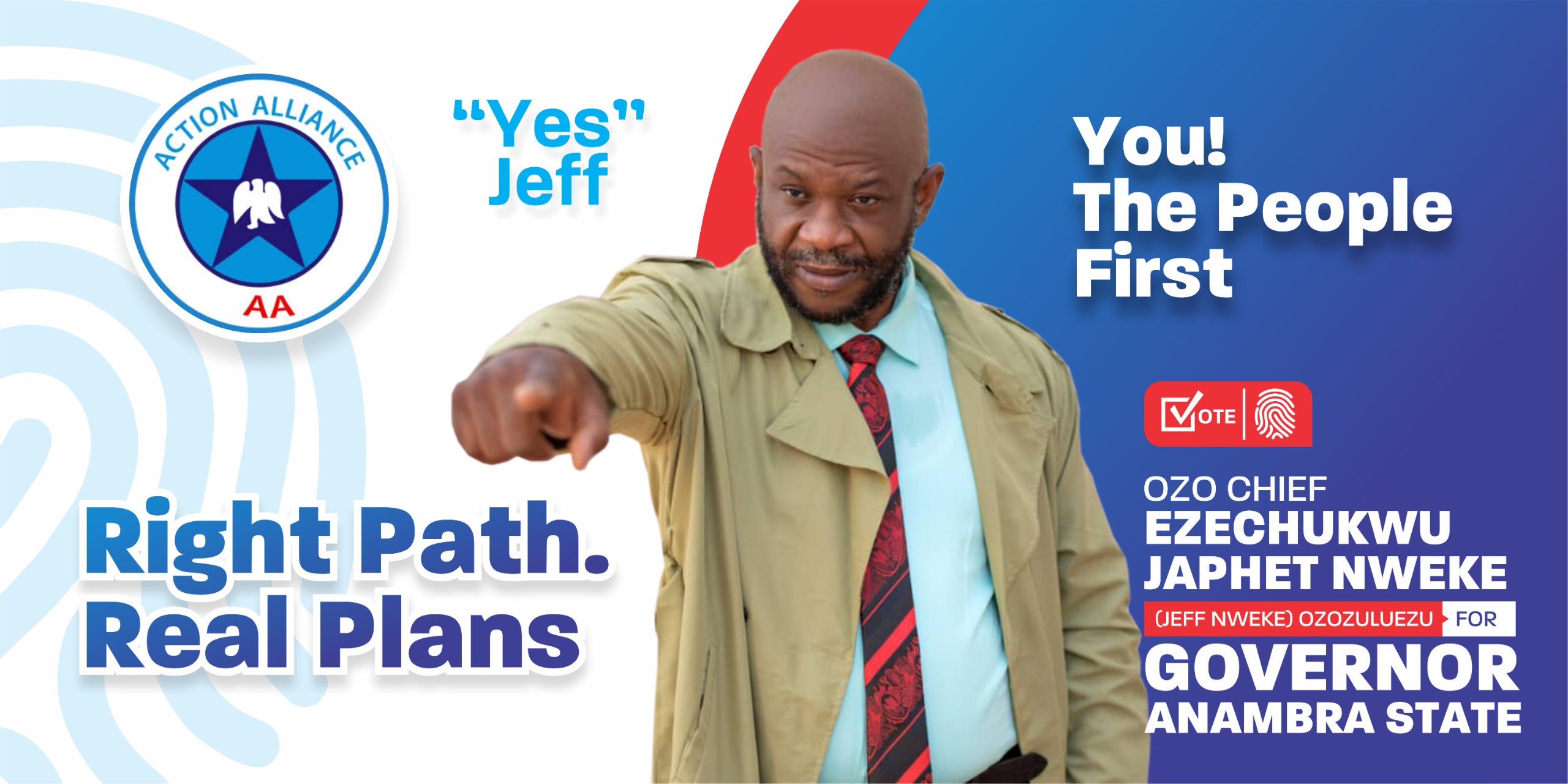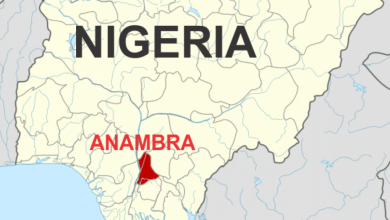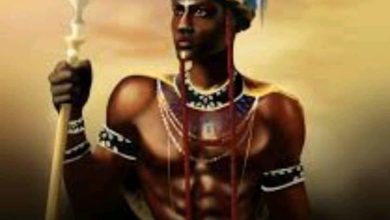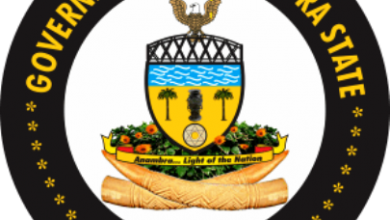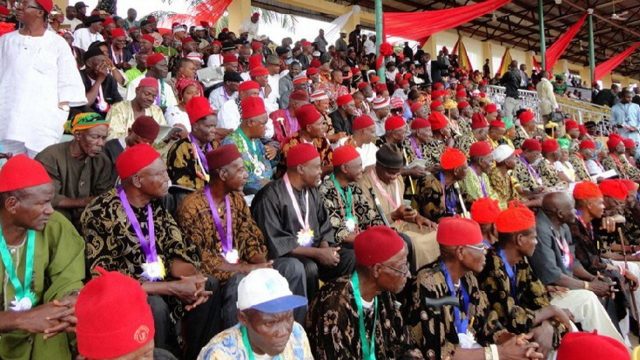
By Ejike Anyaduba
Late actor, Sam Loco Efe, once said that the Igbo of Southeast Nigeria do not abide competitors in business. “They simply run them out”. He probably was right.
Sabella Abidde, a Professor of Political Science, Alabama State University, worried at some point about the dwindling political fortunes of the Igbo did ask (no one in particular): “How did a people this intelligent, this savvy and this contributive got shut out of the corridor of the federal power and continually being deprived the chance to attain the highest seat of Nigeria’s political power”? Abidde was reacting to the piece I wrote in Daily Independent Newspaper of May 15, 2008, titled Igbo: A people in search of a leader.
The two men were expressing opinions on aspects of the life of Ndigbo. While Loco was commending the progress the people have made both in Nollywood and businesses generally, Abidde was concerned about the diminishing returns on Igbo’s investment in Nigerian politics. Both were right to the extent that the Igbo are big on business and a trifle more perfunctory on politics.
A cursory look at Nigerian power equation reveals that the Igbo are facing decided threat in the power game in the country. Nine years after the Nigeria-Biafra war, an Igbo man was elected Nigerian civilian vice president. Fifty-four years later, the same people are struggling to be appointed to positions otherwise should be theirs. They have been turned out of the doors of power and unduly exposed to suspicious charges. Efforts to reclaim and possibly surpass previous attainments got frittered away by political inexperience of parvenus.
A lot of reasons have been adduced for the decline and inability of Igbo political leaders to halt the desultory search for redemption. Chief among the reasons proffered were outside conspiracy, individualism, Germanic complex, selfishness of Igbo political leaders, complacency and naivety. Not thinking differently, but skeptical, Abidde sees incessant political infighting and betrayal amongst the Igbo elite as the greatest culprit that hobbles the people’s march towards achieving their goal. Perhaps so.
But it is difficult, if not impossible, for infighting and betrayal alone, without ancillary support from the other factors mentioned above, to stop the Igbo from accessing power. The other factors were as contributive. Outside conspiracy, selfishness, individualism, tactlessness, and most importantly inexperience play a lot of role in impeding the people’s effort at taking political power.
Every profession in history requires experience to thrive, but many an Igbo political leader of today lacks this vital compass necessary to navigate the route to power. An attorney wishing to do well in court is expected to be articled to a thriving legal firm, ditto a commis chef eager to become a demon cook. A cub reporter has no claim to better news gathering and reportage than through experience. Perhaps the only profession which may not set great store by experience is prostitution. Here inexperience (virginity) holds greater attraction, even prospect.
The problem of the Igbo in Nigerian politics is as self-inflicted as it is a problem of outside conspiracy. A situation where everybody scrambles for leadership position without deferring to superiority of knowledge honed through years of political tutelage or credibility nurtured in the womb of intellectual diligence, is already at risk. It may not have been advised, but the road to redemption requires massive clear-out of the political debris. A clear line has to be drawn between holding appointment to positions, making money and housing the right spirit that is receptive to the demands of leadership. A good number of those parading themselves as political leaders of the people should have no business with politics, much less leading it. A leader must be decisive and steadfast. He must have vision, courage and shouldn’t be in want of experience. Ability to lead does not consist in braggadocio or consumed in unbridled ego, it shows itself in humility, tact and experience.
It is not easily admitted, but Ndigbo have as yet to invest as much time in politics and media as they have done in other businesses. The success story of the Igbo in business cannot be told in full without the apprenticeship angle. Ndigbo played better politics in Nigeria during the first and second Republic when experience trumped mundane considerations. Though they might not have wielded ultimate power within both periods, but they were close enough to have a say on how they were led.
But all have changed with the emergence of leaders without experience and unprepared. They play politics as defined by Robert Louis Stevenson as perhaps the only profession for which no preparation is thought necessary. Swarmed with pretenders, the leadership is about the only one without the faintest idea what politics in Nigeria is all about. Sadly, they are the preferred ones by the many uncritically enthusiastic supporters.
There is little doubt that inexperience and the I-can-do-it-spirit of the Igbo are undermining their politics. They may work or have worked for the people in other areas, but not in politics and should be reviewed. The more politically sophisticated tribes, who are mining knowledge and experience, have continued to outsmart the Igbo. Nothing has changed since the two earliest Republics (when the people performed the best) to suggest improvement. The best of the effort in 2023 was vitiated by almost all the factors enumerated above.
It may be fair to argue that when a people are down and in struggle to escape an unfavourable condition, the tendency to make mistakes is high. But it is not enough to resign to a heedless situation where everybody is a leader. Or to morph into a state where leadership is by everything, but knowledge and experience. The leadership of Nigeria is not won without effort, experience, and a good deal of fortune. Those who will lead the people should be experienced enough to be able to contend with the overt and covert threats militating against the efforts. Those who have no business with leadership (and they are many) should be honest enough to hop out. It takes more than money, overconfidence, and the more contemptible aspect of sucking up to “supremacists” to swing a cat in the overcrowded room of Nigerian politics. Ndigbo are under threat of further relegation if upstarts are continually availed of the political space.
Ejike Anyaduba
Abatete

